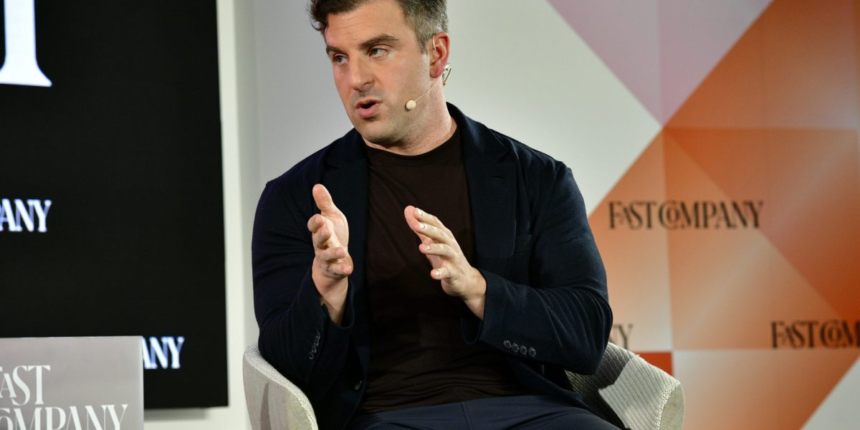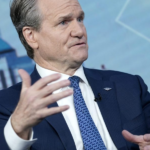“So we need to make room for people early in their careers, even if AI can do the interns’ work.”
But Chesky maintained that humans don’t “realize how smart people are relative to AI,” and that workers will always be needed for novel and operational tasks. Plus, chatbots don’t have that human touch; people have a certain je ne sais quoi needed to lead workforces that AI can’t replicate. However, Gen Z needs the chance to work their way from the bottom up and learn the ropes of leadership, as millennials and Gen Xers one day age out of their jobs.
“People are going to still want relationships. Leadership is still going to matter,” Chesky continued. “I think AI is mostly going to be a tool. I don’t think it’s magic.”
Just like Chesky, Pave founder and CEO Matt Schulman worried that this change could break the leadership pipeline. Schulman used sales roles as an example: there is a very linear path up the career ladder at every tech company, where they start with junior-level outbound sourcing work, then become mid-market account executives, then enterprise sellers. But if Gen Z can’t even snag an entry-level job, who is being trained to fill more senior roles down the road?









